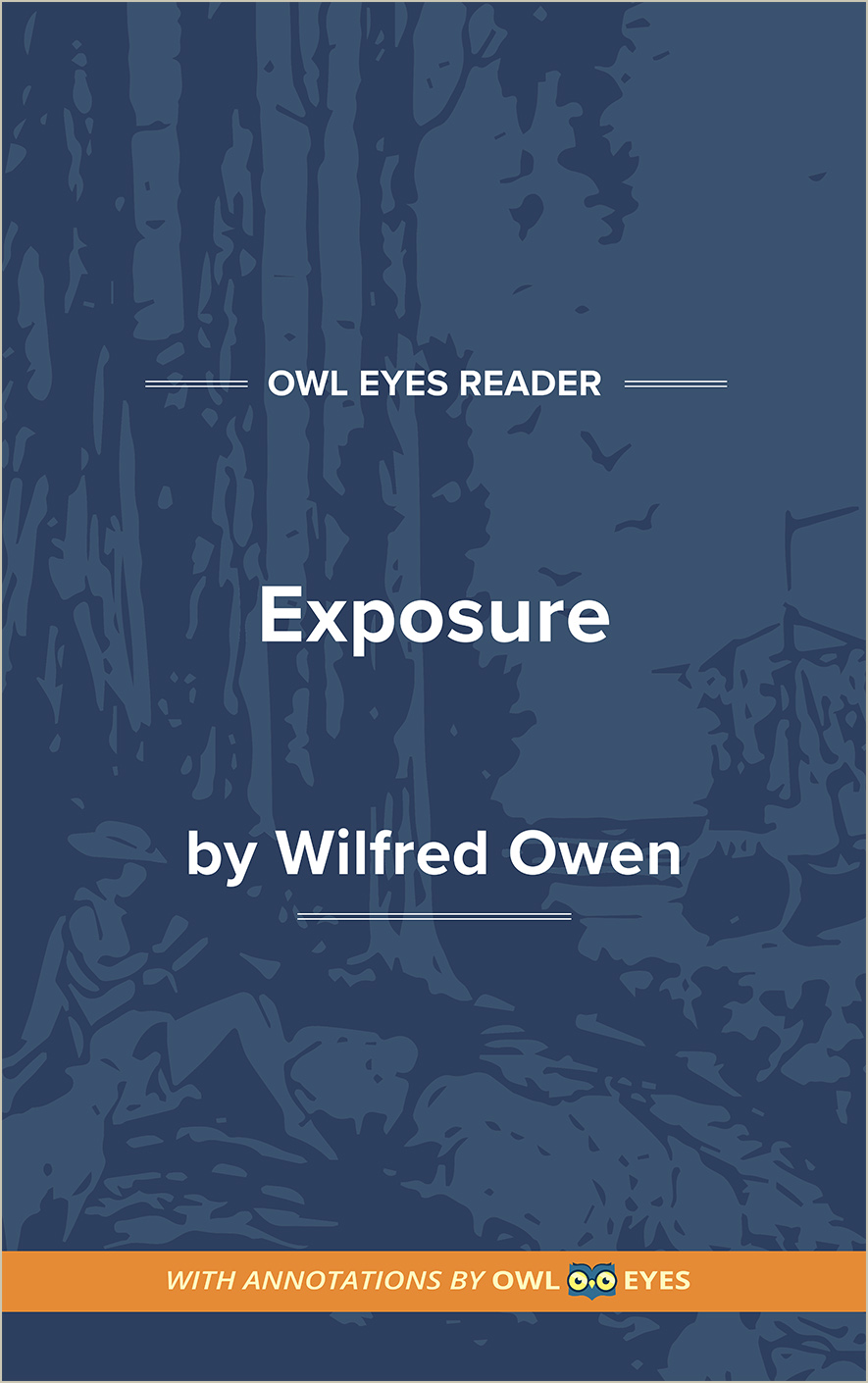As it is used here, the noun “salient” offers a couple meanings that are relevant. First, “salient” is a synonym for “important,” “major,” or “significant,” which means that Owen’s speaker says the environment is confusing the soldiers’ ability to remember what is relevant and important to their situation. Second, the noun “salient” also refers to a bulge, an outwardly projecting section of a military line of defense. A salient extends into enemy territory; therefore, the soldiers occupying it are at great risk. The soldiers in this case have withdrawn from the salient for the night and are confusedly watching the “low drooping flares” that flicker from the frontline.

